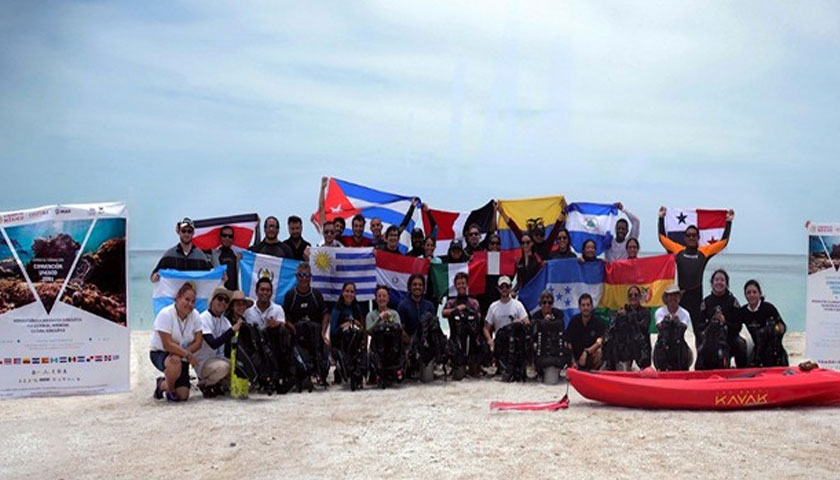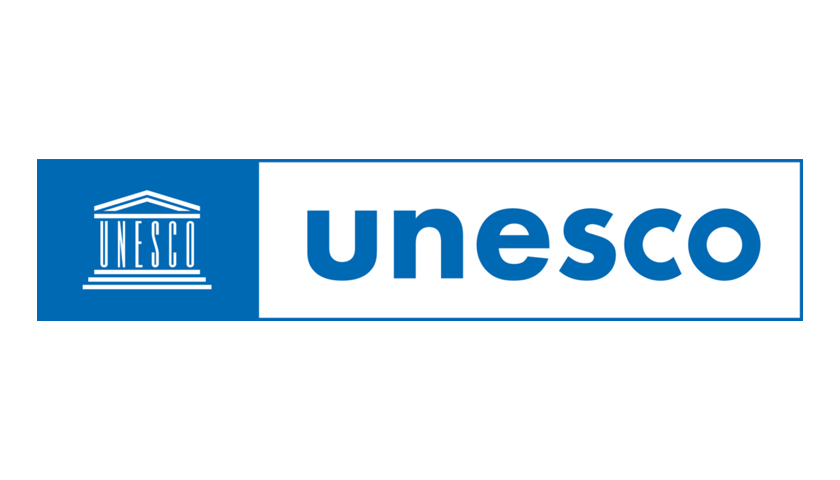The Latin-American and Caribbean region is rich in terms of submerged cultural heritage. Be it the legendary treasure-fleets to Spain, the wrecks of pirate ships that once threatened cities along the coast, or the remains of sacrifices and the religious objects in flooded caves – the region’s waters hold a precious historic legacy.
While these sites are incredibly rich in heritage, having the capacity to research and protect them is a challenge for many countries. UNESCO is thus cooperating with the various national authorities in order to increase the underwater archaeological expert community, train specialists and foster cooperation for the protection of underwater cultural heritage, within the framework of UNESCO’s Convention on the Protection of the Underwater Cultural Heritage (2001).
In July 2019, UNESCO, with the financial support of Spain, organized a course in Campeche, Mexico for young experts from Argentina, Bolivia, Chile, Costa Rica, Cuba, Dominican Republic, Ecuador, Guatemala, Honduras, Nicaragua, Panama, Paraguay, Peru and Uruguay and from Mexico as host country, who received training from specialized professors from Mexico and Spain. Campeche is home to one of the UNESCO Best Practice Examples, the Fuerte El Alto Museum, which houses not only objects found in excavations of wrecks and caves, but also their archaeological context. Adding the historical information and the environmental context to the salvaged object enhances greatly the visitor experience and the educational impact.
This unique course included a replica shipwreck site, which a local entrepreneur provided for educational and training purposes. The young underwater archaeologists in the course thus learned through hands-on experience the best standards to follow in the research and protection of underwater cultural heritage. The local community and the tourism industry in Campeche, who are also invested in the protection of this heritage, will use the replica shipwreck in the future for local divers and tourists.

